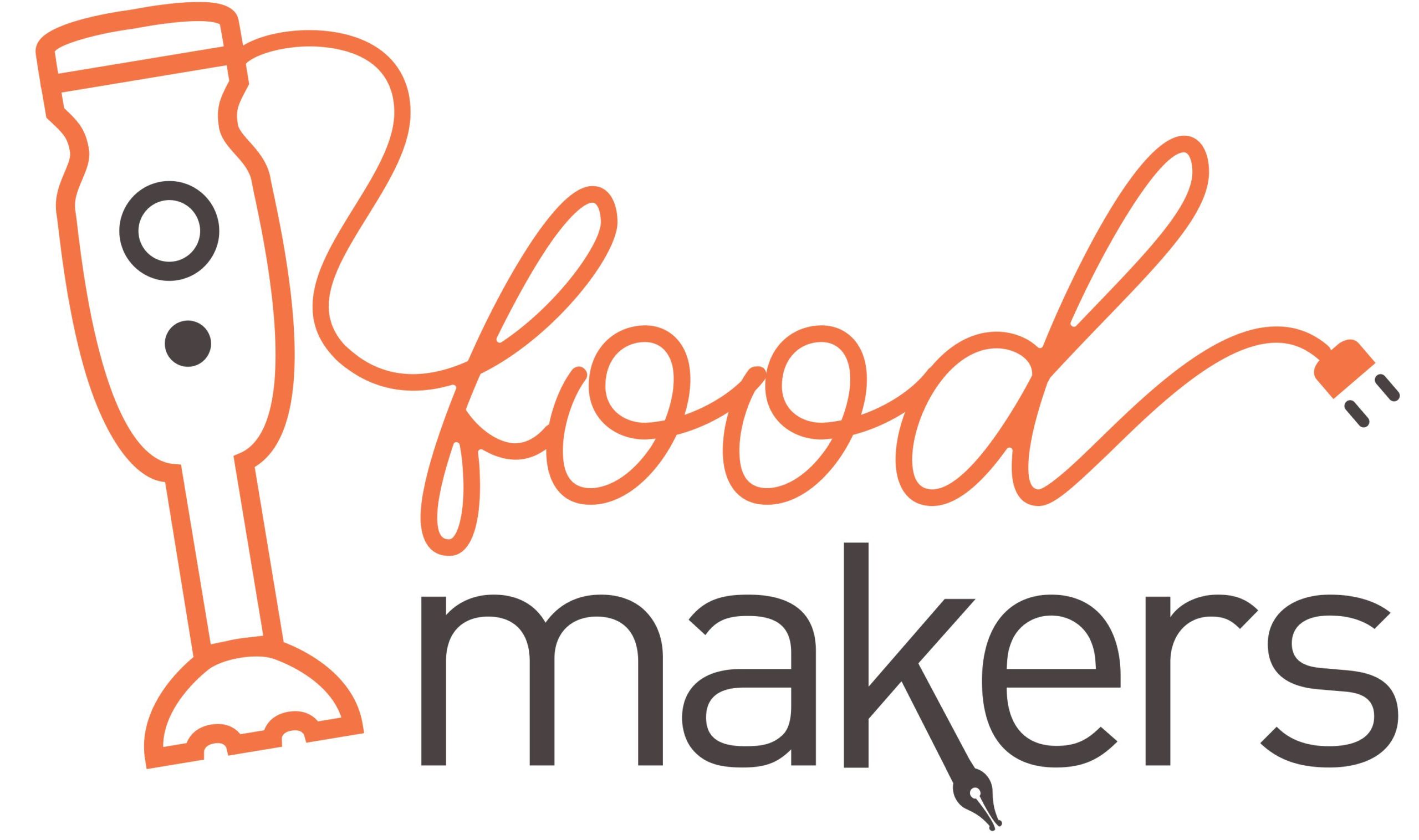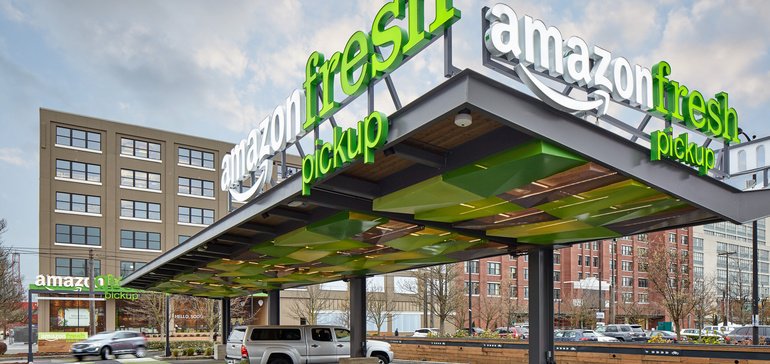- Amazon will likely lower prices on Whole Foods’ grocery products and expand its private label selection, further depleting market share for many struggling packaged food companies, according to The Wall Street Journal.
- Industry observers believe Amazon also will elevate many small to mid-size natural and organic brands, which would cut into sales of mainstream grocery brands such as Campbell and Kraft Heinz.
- Large manufacturers with high sales and a global reach, like PepsiCo and Mondelez, will be in the best position to withstand the impact from Amazon and Whole Foods, analysts said. The Journal story also notes that it may take some time before brands feel the impact of the combined companies’ efforts since they account for just 4% of grocery sales currently.
Dive Insight:
The merger of the e-commerce giant and the natural and organic industry leader could spell trouble for grocery manufacturers like Kraft Heinz, Campbell Soup and Unilever, among others. If Amazon brings down Whole Foods’ prices, as many believe it will, it could accelerate the consumer migration toward natural and organic brands that has hurt these mainstream manufacturers so badly during the past several years.
According to current and former Amazon workers interviewed by the Journal, Amazon plans to bring down prices by reducing operating costs. The e-commerce giant also could do what it’s done in so many other retail categories: Lower prices substantially, then raise them once it’s gained considerable market share. No matter how Amazon does it, lifting Whole Foods’ “Whole Paycheck” image could give natural and organic brands an even bigger boost in the marketplace.
[amazon_link asins=’B00XUEKJ4K,1681981017,8847014565′ template=’ProductCarousel’ store=’antoniosava0c-21′ marketplace=’IT’ link_id=’7052c82e-6248-11e7-aa24-eb26cf1fa6f0′]
For so-called “Big Food,” this news comes as yet another blow with the consumers’ desire for fresher, healthier products reshaping food retail. As shoppers balk at canned soups, frozen meals, cereal and other items that have long ruled the supermarket, companies have tried everything from healthy, fresh-focused reformulations and new products to direct-to-consumer marketing, strategic acquisitions and working more closely with retailers to offer solutions.
Natural and organic manufacturers, meanwhile, are ecstatic at the prospect of a newly ascendant Whole Foods. In interviews with Project Nosh, company heads noted dual growth potential through e-commerce and physical stores could help the industry evolve. However, there’s a risk that an efficiency-driven Whole Foods might not prioritize health, social and environmental values as it has in the past. Will an Amazon-run Whole Foods still offer loans to small farmers and invest deeply in local products? Part of the grocers’ recent business improvement plan has been to centralize its purchasing, which could prioritize larger brands over emerging ones.
A different, yet very interesting, take on the acquisition comes from John Foraker, founder and president of Annie’s Homegrown. He sees the scale, e-commerce growth and lower prices Amazon could bring to Whole Foods as a formula for increased access to underserved parts of the country, known as food deserts. It’s an enticing prospect, though one that would no doubt require considerable investment in marketing and outreach on Amazon’s part.
Observers also have great expectations for private label growth under Amazon, which could unsettle both mainstream and natural manufacturers. Many expect the company to expand Whole Foods’ tremendously successful 365 brand by offering more products and online availability. Amazon has also begun rolling out its own private label lines, and given its experimental spirit, it’s not hard to imagine the company offering some very interesting, very influential new products.

